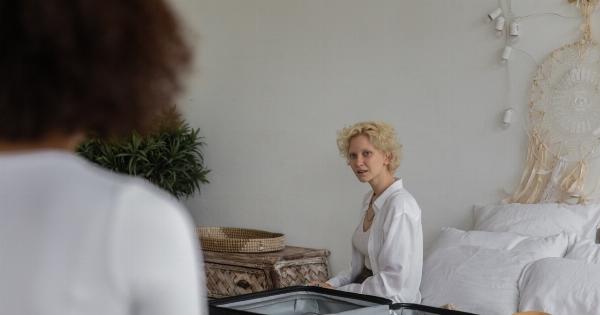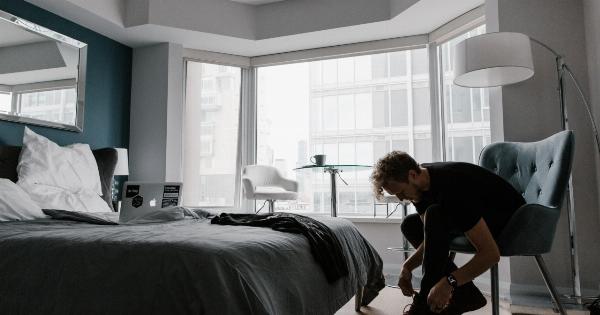Smartphones have become an integral part of modern-day life. We carry them everywhere we go and use them for a multitude of things like making calls, texting, watching videos, browsing the internet, and even for setting alarms and reminders.
However, recent studies suggest that smartphones might be harming our sleep patterns and causing disruptions in our daily lives.
The Science Behind Sleep Disruption
Sleep is a vital part of our daily routine. It affects our physical and mental well-being and helps us function at our best. However, the blue light emitted by smartphones can disrupt the natural sleep-wake cycle, also known as the circadian rhythm.
The blue light from smartphone screens stimulates the brain and interferes with the production of the hormone melatonin, which is responsible for regulating our sleep cycles. This can lead to difficulty falling asleep, staying asleep, or waking up feeling refreshed and well-rested.
The Effects of Sleep Disruption
The effects of sleep disruption can range from mild to severe. Mild effects include grogginess, irritability, daytime fatigue, reduced concentration, and memory impairment.
Severe effects can include an increased risk of developing chronic illnesses like diabetes, obesity, and heart disease. Studies have shown that those who sleep less than six hours a night are at a higher risk of developing these chronic illnesses.
Smartphone Addiction and its Impact on Sleep
Smartphone addiction or nomophobia (fear of being without a mobile phone) is a growing concern among people of all ages, especially among teenagers and young adults.
This addiction is often linked to social media and the need to constantly stay connected with peers. This constant need to be connected can lead to sleep deprivation as people stay up late, checking their social media accounts, and responding to messages.
Moreover, the blue light from smartphone screens can cause further delays in falling asleep and deteriorate the quality of sleep.
Children and Sleep Disruption
Children are more vulnerable to sleep disruptions from smartphones than adults. A study conducted by the National Sleep Foundation found that more than 90% of teenagers use their smartphone before going to bed.
This prolonged smartphone usage can lead to lower academic performance, lower alertness during the daytime, and an increased risk of psychological problems such as depression and anxiety. Furthermore, impacts on children’s cognitive functions can have long-term repercussions as they grow into adults.
Strategies to Combat Smartphone Sleep Disruption
Fortunately, there are ways to combat the effects of smartphone sleep disruption. Firstly, we should limit our smartphone use before bedtime. A general rule to follow is to avoid screen time for at least an hour before bedtime.
If you must use your smartphone, use blue light filters that can help reduce the amount of blue light emitted from your device. Also, avoid using smartphones in bed, as it creates a psychological association between the bed and being awake. Having a consistent sleep schedule and creating a calming bedtime routine can also help improve the quality of sleep.
Conclusion
We cannot deny the convenience and benefits of having a smartphone. However, we must recognize the potential harm that comes with excessive usage.
Smartphones can have a major impact on our sleep, causing disruptions that can have serious implications for our health and well-being. Therefore, it is important to be mindful of our use of smartphones and take steps to combat their harmful effects.




























